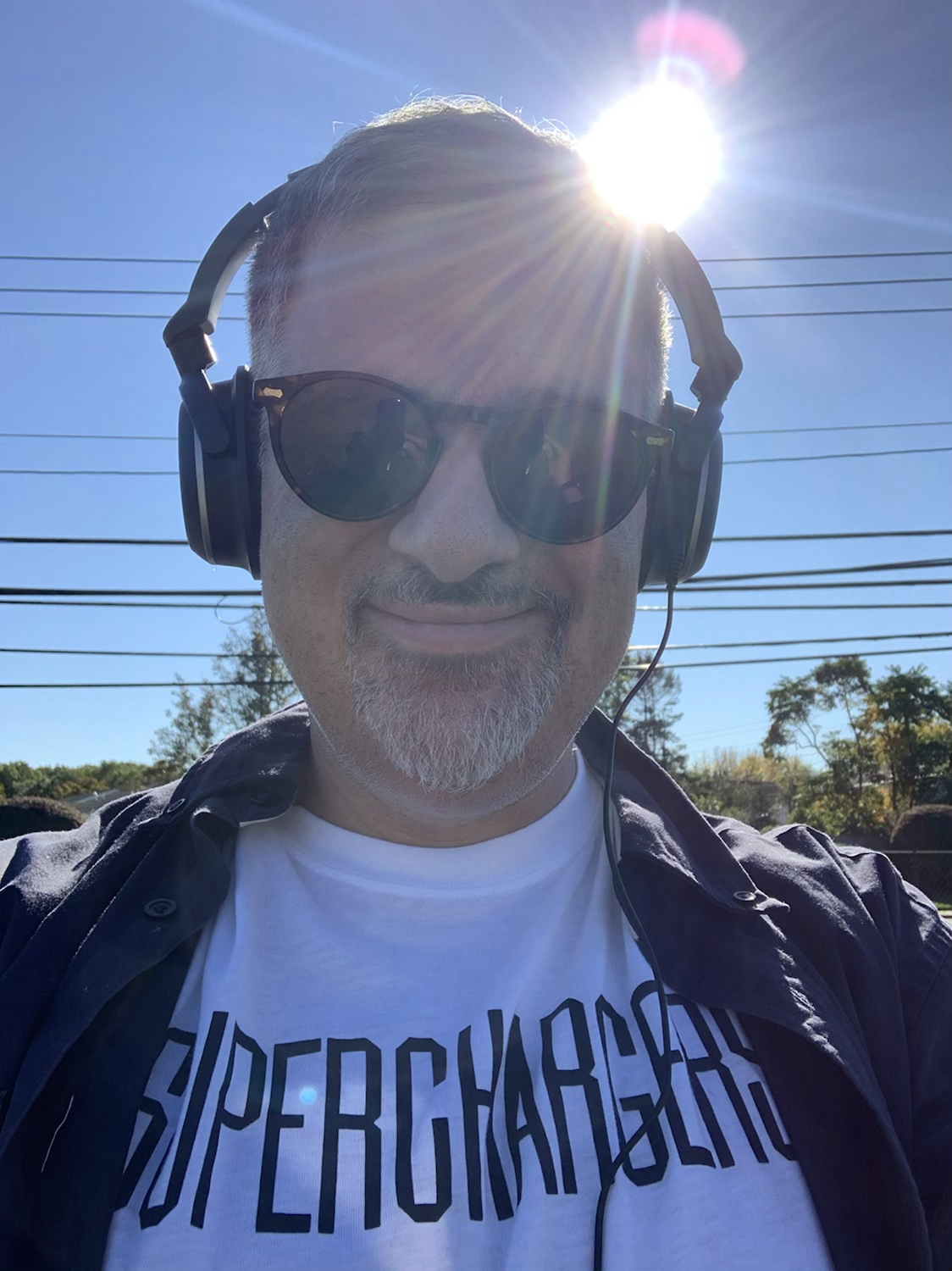Are You Ready, FLORRIDA? Sounds like Califfornia!
- lucab12

- Jun 24, 2024
- 4 min read

One of the most interesting (yet frustrating for the band itself) elements of Cheap Trick's story is that at the very moment when they broke through worldwide they were not really in a place to use it to create sustained success. Many reviews from the years following Budokan talk about how quickly their star began to fade. I don't for a single second claim to have the definitive answers as to why. I am sure there will be many reviews of American Standard that bemoan the lack of "dirt" or interviews with the band themselves. If you know anything about Cheap Trick and many writers more experienced and eloquent than I have written on them, you know why. When asked why this book is necessary and how it differs from those that have come before, I usually answer that I went into it not only expecting Rick, Robin. and Tom to not participate (through their representatives) but I embraced it. It would not have made the book any more authentic or accurate, I assure you.
The band has spoken, especially with Ira Robbins for what became the liner notes to the boxed set in 1996, about the feeling of stagnancy that set in once Budokan became "the thing."
This article from the Los Angeles Times came out right after Budokan was released worldwide. In Christine McKenna's interview with Rick, you can sense the conflict about what was happening to him and the band. They hadn't found success with their first three albums, that contained most of Nielsen's original batch of awesome songs they had before signing with Epic in August of 1976. The interview was conducted right before the band left for Europe and Japan and McKenna suggests that the forthcoming release of the "Japanese live album" and Dream Police could give the band the commercial smash the band had been working towards all those years. There are other interviews, which I quoted in the book, where they are clearly worried that this unconventional path to fame might not allow for longevity. It turns out they were right to be concerned. Rick also mentions having to steer the stage show towards Budokan, since that was what everyone knew them from. You could argue that they struggle with that perception still. In his Trouser Press review of Dream Police (which still wouldn't be out for another seven months) Ira Robbins noted that they seemed a little "frayed around the edges" on stage. In the review of Budokan itself, Don Snowden gives a less-than stellar review.



After they returned from Japan, the band played the "Califfornia Jam" at the LA Coliseum. The Times was there and Robert Hillburn, the influential critic and author who even got a Go-Go's song named after him, raved about the band's set. It's too band I have never heard a recording of the show, especially since I think Cheech and Chong MC'ed the whole thing. Hillburn's reviews of Cheap Trick from '77-'79 were so glowing that they found their way into Epic's promotions. By the time of the aforementioned archival boxed set, Hillburn lamented the missed opportunity for the band, given their immense potential. In 1979, he was all in on Cheap Trick as they stole the show on Day 1 of the festival. I hope you don't mind that I've included the entire page of each of these articles. The ads and surrounding stories give me a huge burst of nostalgia, as I was only eight in 1979 and living 3,000 miles from California.

A week later, the band was playing a similar festival in "Florrida."

The Miami Herald reported that Cheap Trick stole the show, no small feat since Aerosmith were also on the bill.

The Orlando Sentinel also reported that Cheap Trick carried the bill at the Tangerine Bowl. The "Andy Warhol Interview" type that Susan Marshall mentions was almost certainly Susan Blond. Whether Marshall knew it or not, Blond was indeed connected to Warhol. The article also includes a short interview with Robin Zander. Much like Daisann McLane's Rolling Stone cover story, derived from the Japanese shows of only a month earlier, the interview shows a Zander whose world is changing drastically. While Rick Nielsen is not always the character he plays on stage, he was clearly comfortable putting himself out there from the start. That doesn't mean that he wasn't using his persona as a defense mechanism or that his motormouth exterior wasn't compensating for whatever real emotions he had at that moment.
So this is my plan for the months leading up to my book's release in September. I'm trying to share with you the insane amount of material I uncovered during my research. Depending on how this one is received, there may be a follow up. I certainly have enough for one. As someone who loved collecting all these archival pieces, I know I would like to see them.

This shot of Cheap Trick on stage at the Tangerine Bowl can be found here. Christine Arnold's Miami Herald review is as well. Feel free to leave a comment here or on social media if you enjoy this stuff or if you'd prefer something else.
Stay cool,
RLW




Comments